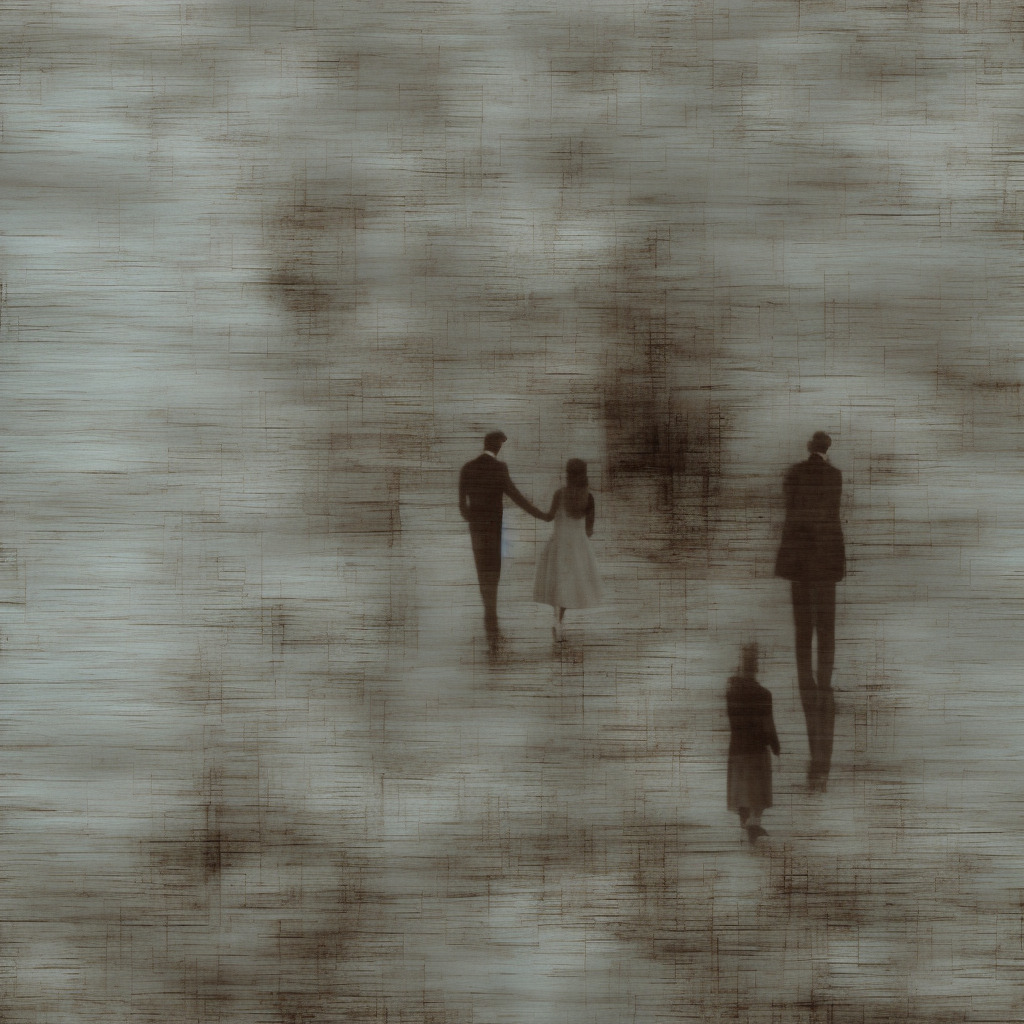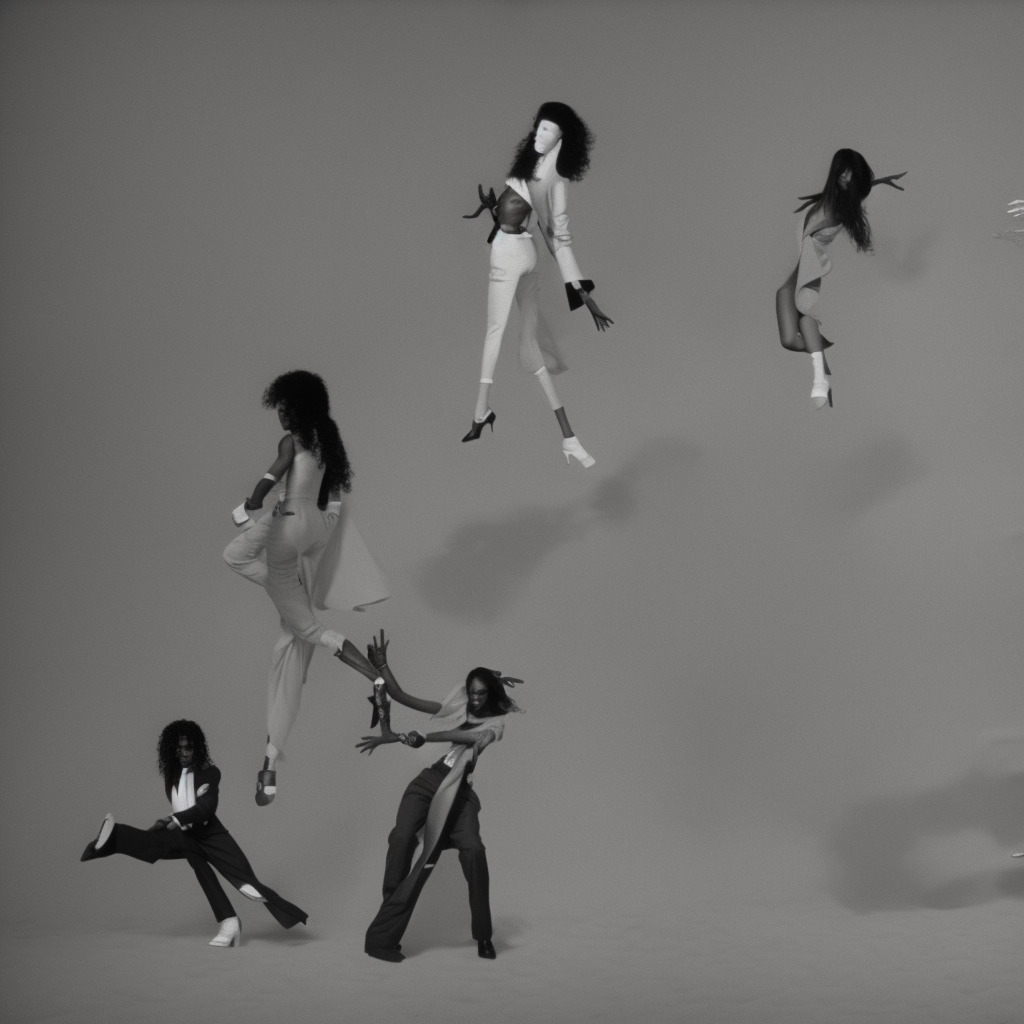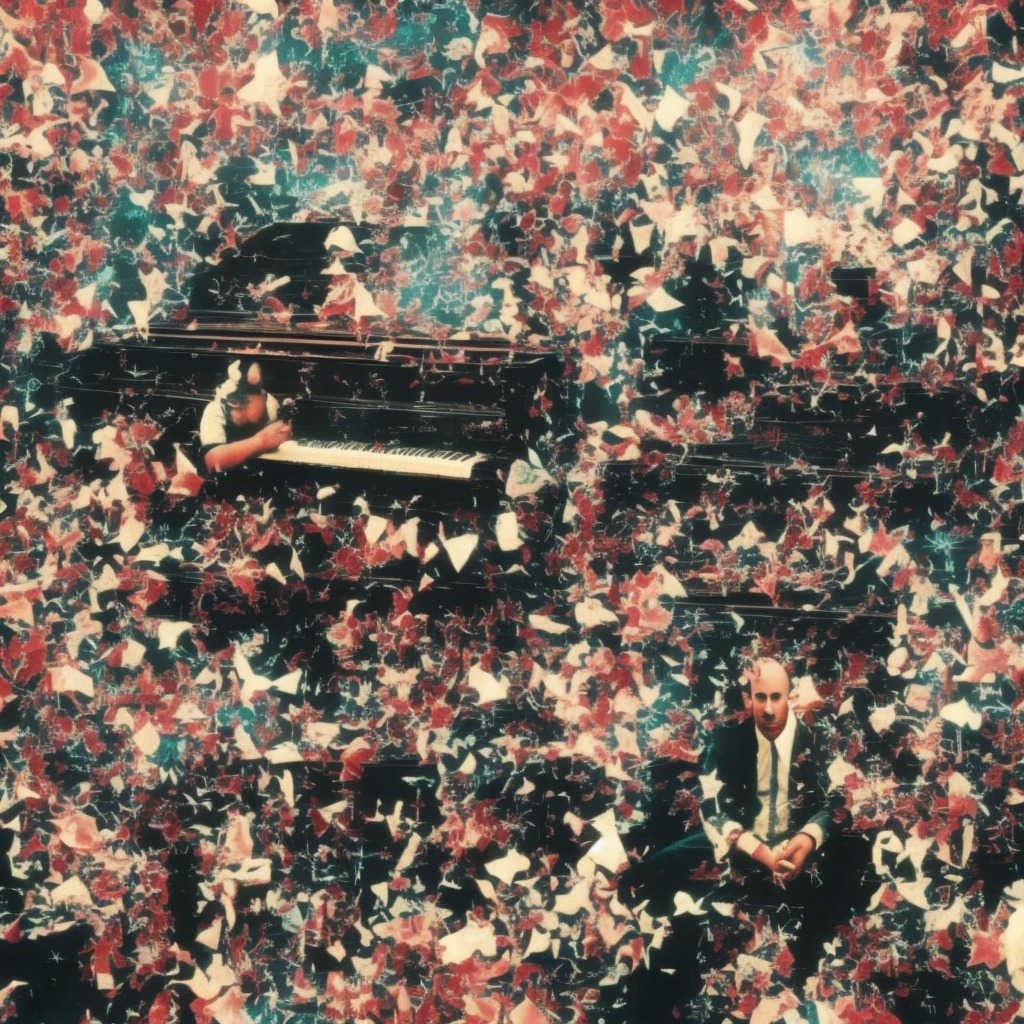? Did you know? Celine Dion initially refused to sing “My Heart Will Go On” for Titanic ?, but luckily changed her mind! Now it’s an iconic anthem! ?? #CelineDion #TitanicTrivia #MusicFacts #90sVibes Read about it: tinyurl.com/bdvhm2rt
A Timeless Ballad from the Queen of Pop
Celine Dion’s Titanic anthem, “My Heart Will Go On,” sails across generations as a timeless ballad, capturing hearts and accolades with its powerful, emotional melody.

Celine Dion, an iconic figure in the music industry, has had a long-lasting and accomplished career that spans several decades. With her powerful voice, impressive range, and heartfelt performances, Dion has captured the hearts of millions around the world. One of her most memorable and enduring songs, “My Heart Will Go On,” remains a testament to her extraordinary talent and the impact she has made on the world of music.
Born in Quebec, Canada, Celine Dion was the youngest of 14 siblings in a close-knit musical family. She began her career at the tender age of 12 when her brother sent a demo tape to renowned music manager René Angélil, who was so impressed that he decided to make her a star. Dion’s career took off, and she quickly garnered international attention, transitioning from French to English-language music and ultimately becoming one of the best-selling artists of all time.
The iconic 1997 ballad “My Heart Will Go On” serves as the theme song for James Cameron’s epic romance film, Titanic. The track, written by James Horner and Will Jennings, topped the charts in multiple countries, cementing Dion as a global phenomenon. It’s worth noting that, initially, Dion was hesitant to record the song; however, with Angélil’s encouragement, she recorded a demo that would become the final version used in the film. It’s nearly impossible to mention Titanic without recalling the powerful and emotional melody of Dion’s legendary hit.
Though Celine Dion has faced criticism throughout her career, most notably concerning her distinct vocal style and a handful of overly sentimental songs, it’s hard to deny the success and impact she has had on the music industry. “My Heart Will Go On” earned Dion numerous accolades, including the Academy Award for Best Original Song, a Golden Globe Award, and four Grammy Awards, including Record of the Year and Song of the Year. The song became an anthem for those grieving lost loved ones, highlighting the poignant message behind its lyrics.
In conclusion, Celine Dion and her unforgettable song “My Heart Will Go On” have left an indelible mark on pop culture and the music world. Despite any criticism or setbacks, Dion’s storied career remains an inspiration to many. Her enduring musical legacy will undoubtedly continue for generations to come as fans continue to be moved by the timeless ballad that defined an era.
Charting the Titanic Success
Dive into the titanic success of Celine Dion’s iconic power ballad, “My Heart Will Go On,” as it conquered charts worldwide and became the anthem of a generation.
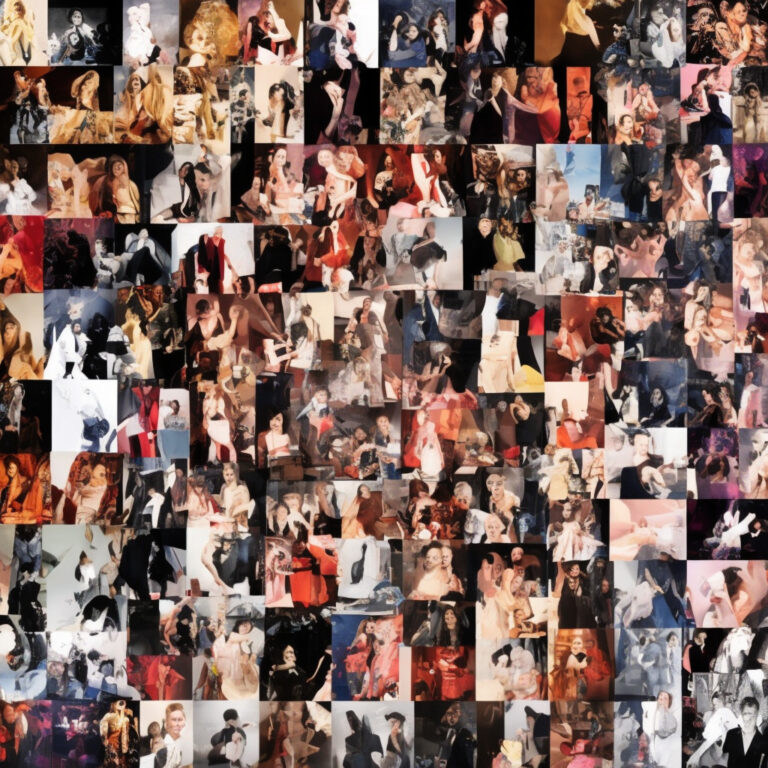
It’s no secret that “My Heart Will Go On,” the iconic love theme from the 1997 blockbuster Titanic, has enjoyed remarkable chart success upon its release. This power ballad, performed by the legendary Celine Dion, quickly became synonymous with the film, and an anthem for a generation. Let’s dive into the hard data and chart performance of this unforgettable song.
Released as a single on December 8, 1997, “My Heart Will Go On” initially debuted at number one on the Billboard Hot 100 chart. It held that coveted spot for an impressive 16 consecutive weeks, a truly titanic achievement at the time. The track’s international success was undeniable, as it also reached number one in numerous countries, such as Canada, the United Kingdom, Australia, and Germany, to name a few.
In the United States, “My Heart Will Go On” became Celine Dion’s fifth number one single on the Billboard Hot 100 chart, further cementing her status as a powerhouse vocalist. The song’s success wasn’t limited to the Hot 100 charts. On the Adult Contemporary chart, it maintained the number one position for a staggering 20 weeks.
A notable chart trivia tidbit to share is that the song broke records in the United Kingdom at the time. With 1,840,000 copies sold, this love ballad held the title of the country’s best-selling single by a female artist until 2015, when Adele’s “Hello” took the crown.
The song’s enduring legacy is further evidenced by its numerous accolades. “My Heart Will Go On” swept the 1998 awards season, taking home the Academy Award for Best Original Song, a Golden Globe Award for Best Original Song, and four Grammy Awards, including Record of the Year and Song of the Year.
The chart success of “My Heart Will Go On” is an enduring testament to the immense impact and popularity of both the song and the film it represents. Its performance on charts around the world speaks to the universal appeal of Celine Dion’s powerful vocals and the timeless love story of Titanic.
Delving into the Depths of Iconic Lyrics
Every night in my dreams
I see you, I feel you,
That is how I know you, go on
Far across the distance
And spaces between us
You have come to show you, go on
Near, far, wherever you are
I believe that the heart does go on
Once more you open the door
And you’re here in my heart
And my heart will go on and on
Lyrics have the power to transport us through time, evoke memories of specific moments, and elicit deep emotions. The lyrics of Celine Dion’s “My Heart Will Go On” are no exception.
Released in 1997, “My Heart Will Go On” became an iconic ballad that transcends generations. The lyrics’ meaning is rooted in love, loss, and the undying connection between two souls, narrated by a person whose heart continues to love despite the physical absence of their partner.
This sentiment naturally resonated with the spirit of the time, as the song served as the theme for the hugely popular film Titanic (1997). This blockbuster brought the tragic events of the Titanic’s sinking in 1912 to life on the big screen, capturing the hearts and imaginations of millions. The lyrics perfectly encapsulate the film’s central theme of an intense romantic love, even in the face of insurmountable tragedy and loss.
The lyrics’ imagery also mirrors the film’s setting, as phrases like “far across the distance” and “spaces between us” allude to the vast ocean that separates the doomed ship’s passengers from their loved ones. In a broader sense, these lyrics may also symbolize the emotional distances that can come between people, and the resilience of the human heart in overcoming such obstacles.
In the context of the late 1990s, “My Heart Will Go On” stands as a testament to the power and impact of storytelling through music. As one of the biggest hits of that era, its lyrics weave a narrative that is both timeless and universal, reminding us of the enduring nature of love and the human spirit.
A Titanic Music Video: Sailing through the Production of “My Heart Will Go On”
“Anchoring Love and Loss: Celine Dion’s ‘My Heart Will Go On’ video transcends time with Titanic visuals, lavish locations, and a captivating Lacroix gown.”
When it comes to the music video for Celine Dion’s iconic ballad “My Heart Will Go On,” it’s impossible not to mention the Titanic film that this song is so closely associated with. The music video, directed by Bille Woodruff, masterfully weaves Celine’s powerful performance with scenes from the blockbuster movie, taking the viewers on an emotional journey that mirrors the storyline of Titanic.
The video was shot in two locations to achieve the desired effect: the RMS Queen Mary ship, docked in Long Beach, California, and a stunning cliffside in Malibu. The Queen Mary ship served as the perfect backdrop to emulate the grandiosity of the Titanic, while the Malibu location provided sweeping ocean views that captured the essence of the song’s lyrics.
Throughout the music video, Celine Dion dons a stunning white gown designed by Christian Lacroix, which adds an ethereal elegance to her performance. The choice of wardrobe, location, and movie integration all work together to create a visual representation of the love, loss, and tragedy portrayed in the song.
Woodruff’s direction and artistry shine through in the music video’s production, which was no small feat considering the enormity of the task. Integrating footage from a cinematic masterpiece like Titanic required careful attention to detail and seamless editing, which is evident in the final product.
Although the exact budget for the music video is not publicly disclosed, it’s safe to assume that a significant amount was spent on securing the shooting locations, wardrobe, and movie footage rights. However, the investment proved to be worth it, as the music video remains as memorable and impactful as the song itself.
The music video for “My Heart Will Go On” has garnered millions of views on YouTube and continues to resonate with fans to this day. Additionally, countless fan-made videos and tributes have been created, further solidifying the song’s status as a timeless classic.
The Genius Behind the Music: James Horner
James Horner, the esteemed composer of “My Heart Will Go On,” has left an indelible mark on the world of film scores and popular music. His exceptional talent and unique musical style transcended genres, earning him accolades and a prominent place in the annals of music history. One of his most notable compositions is “Somewhere Out There,” a heartwarming ballad from the animated movie “An American Tail.” Horner also lent his creative prowess to other major films like “Braveheart,” “Apollo 13,” and “Avatar,” for which he composed the memorable theme “I See You.” James Horner’s legacy continues to inspire and captivate music enthusiasts and budding composers alike, as his work remains an integral part of the cinematic and musical experience.
A Heartfelt Legacy
Celine Dion’s “My Heart Will Go On” sails through time as a timeless love anthem, transcending its Titanic roots and leaving a heartwarming legacy in the world of music and popular culture.
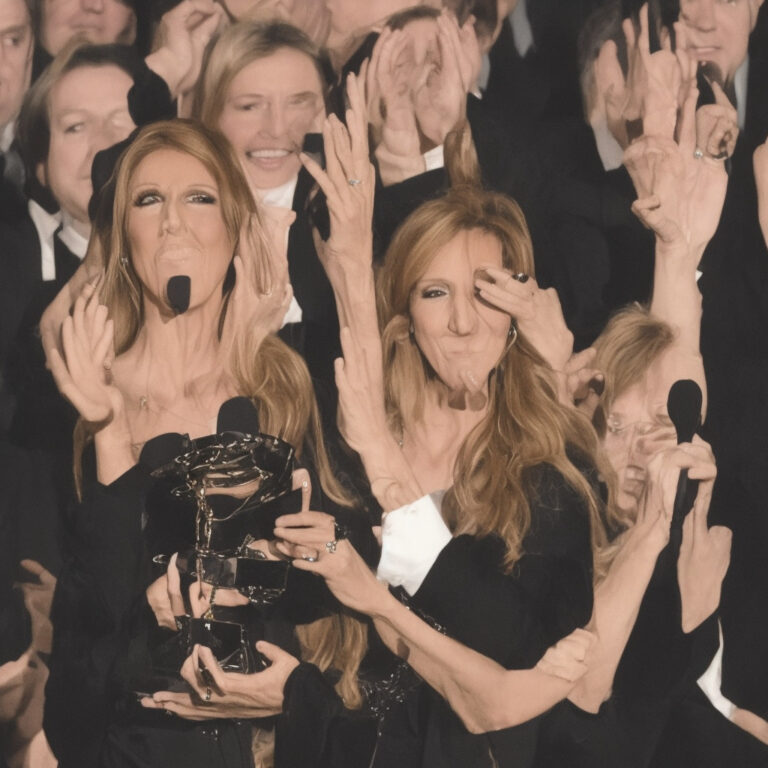
Since its release, “My Heart Will Go On” has not only become a signature song for Celine Dion but also etched its name in music history. The song’s impact on pop culture is undeniable, and it has garnered numerous awards and accolades over the years. At the 1998 Grammy Awards, it bagged Record of the Year, Song of the Year, Best Female Pop Vocal Performance, and Best Song Written for Visual Media. Add to it, the Academy Award for Best Original Song and a Golden Globe in the same category, and you can clearly see the song’s sweeping success.
The song gained prominence as the love theme for the 1997 blockbuster film, Titanic. James Horner composed the music, and Will Jennings penned the lyrics. This powerful ballad perfectly encapsulated the passionate love story of Jack and Rose, the main characters in the movie, becoming synonymous with the film itself. Its popularity soared even higher with Titanic’s record-breaking box office numbers and critical acclaim.
In addition to its film appearance, “My Heart Will Go On” has also graced television shows, commercials, and even video games. Notably, it’s been featured in episodes of popular shows like Glee, Dancing with the Stars, American Idol, and Family Guy. The song has been used for emotional montages and parodies, and has become part of popular culture, transcending its original context.
Over the years, numerous artists have paid homage to this iconic track by recording their own renditions. Some noteworthy cover versions include those by Josh Groban, New Found Glory, and Postmodern Jukebox, each adding their unique touch to the timeless melody. Amateur musicians and singers have also contributed to the song’s lasting legacy through their performances in talent shows, YouTube videos, and social media platforms.
With its poignant lyrics, memorable melody, and Celine Dion’s powerful vocals, “My Heart Will Go On” continues to resonate with music lovers globally. Its enduring legacy has made it a modern classic and a true testament to the power of great music.
Diving into the Musical Depths
As we delve into the musical structure of “My Heart Will Go On,” the first thing to note is the key in which it was written. This iconic track is composed in the key of E major. The E major key consists of four sharps: F#, C#, G#, and D#. The song starts with a soft, gentle piano intro, which lays the foundation for the melody, and seamlessly transitions into the verse.
The chord progression throughout the verses is E, Bsus4, C#m, A, B, and E/G#. This progression is responsible for the strong emotional resonance that characterizes the song. The pre-chorus introduces a slight variation in the chords, utilizing F#m, G#m, A, and B. As we move into the chorus, the chords shift to E, B, C#m, A, and B – a familiar pattern that contributes to the song’s catchy and memorable nature.
The tempo of “My Heart Will Go On” is relatively slow, at approximately 99 beats per minute (BPM). This slow tempo allows for the emotional weight of the lyrics to be fully expressed and felt by the listener. The time signature of the song is 4/4, which is the most common time signature in popular music.
Throughout the track, various instruments are used to create a rich and layered sound. A blend of piano, strings, and an Irish tin whistle are prominently featured, with the latter being especially responsible for the song’s unmistakable and haunting melody. As the song progresses, the orchestration becomes more intricate, with the addition of percussion and electric guitar, building to the climactic final chorus.
In terms of dynamics, “My Heart Will Go On” showcases Celine Dion’s extraordinary vocal range and control. Her voice starts off soft and delicate in the verses, gradually intensifying throughout the pre-chorus and chorus. The bridge sees Dion’s vocals soar to powerful heights, before gently settling back down for the final, poignant line of the song.
The combination of these musical elements – an emotionally charged chord progression, a slow tempo, diverse instrumentation, and incredible vocal dynamics – results in a song that will forever be etched in the hearts and minds of listeners worldwide.

